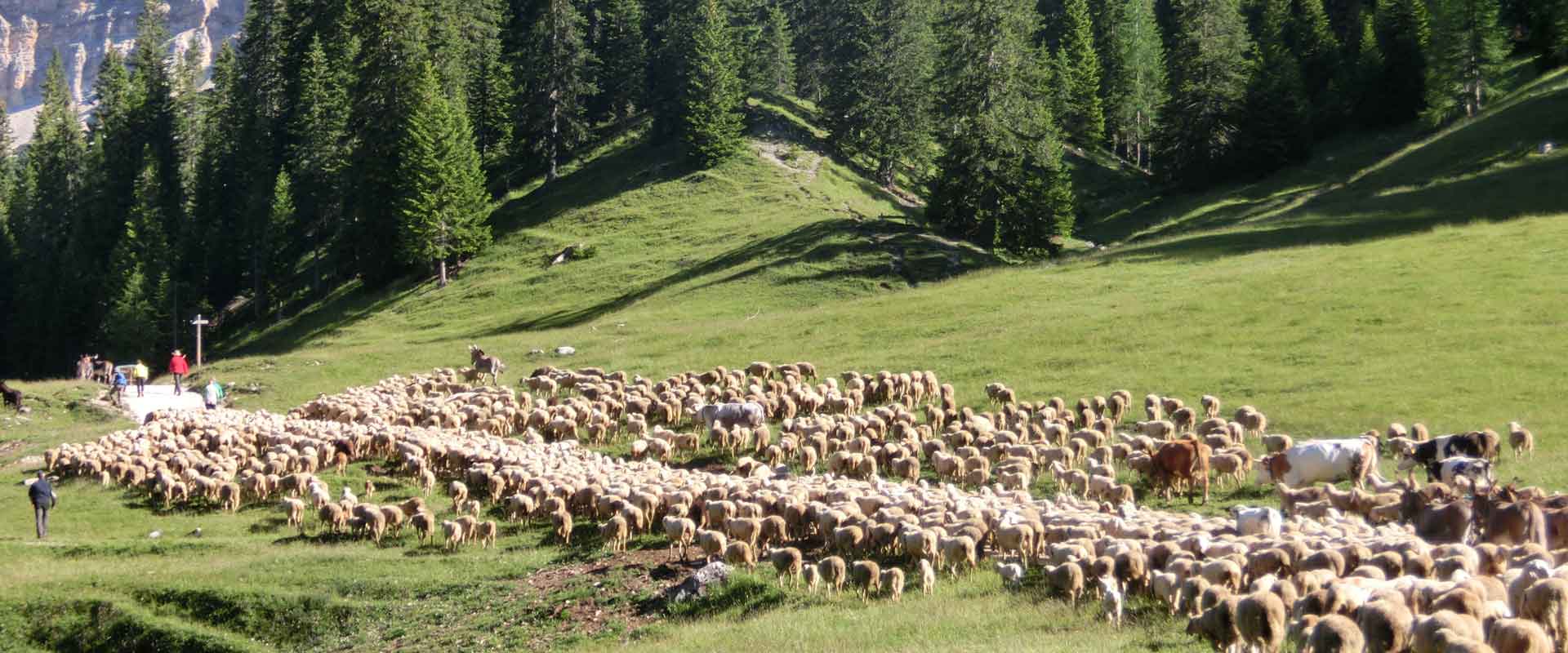MENU


Vicinie, regole, partecipanze, consorterie are only some of the names given to the diverse systems of collective ownership that still survive in many areas in Europe. In Cortina, where forests and pastures have been the collective property of the original community for centuries, the system is know as Regole d'Ampezzo.
The collective ownership and use of forests and pastures was for long the main source of sustenance for the Ampezzo people: it regulated their relationship to the environment and ensured the sustainable use of the natural territory of the valley.
This ancient system of rules stipulated collective rights of management and enjoyment of the natural, cultural, and economic heritage. A collective heritage, in which conservation and production coincide, and which must be passed down to future generations. Lands cannot be sold, nor their intended use can be changed.
The origin of the Regole d'Ampezzo can be traced back to the first settlers of the valley with their need for a collective management and use of forests and pastures.
The hardships of living in a mountain environment favoured the collective and undivided use of the territory. Originally there were two Regole, namely Ambrizola-Falzarego and Larieto. They have grown in number and today there are eleven Regole which hold the property in common.
Regolieri are the family heads descending from the original Ampezzo stock. They manage the community heritage in accordance with the Laudi, the ancient rules approved by the assembly of family heads.
The Regole currently manage about 16,000 ha of forests, with tree cutting and wood selling activities and natural sylviculture of the forests. A few shepherd's huts are still used for pasturing activities, so that they help preserving their original function which has decreased considerably in recent times. The Regole see as their scope the conservation and the promotion of the language, the culture and the traditions of the Ampezzo valley.
The institution is recognized by the Italian State through specific laws especially made in order to preserve its peculiarity. Since 1990 the Regole have been managing also the Natural Park of the Ampezzo Dolomites.